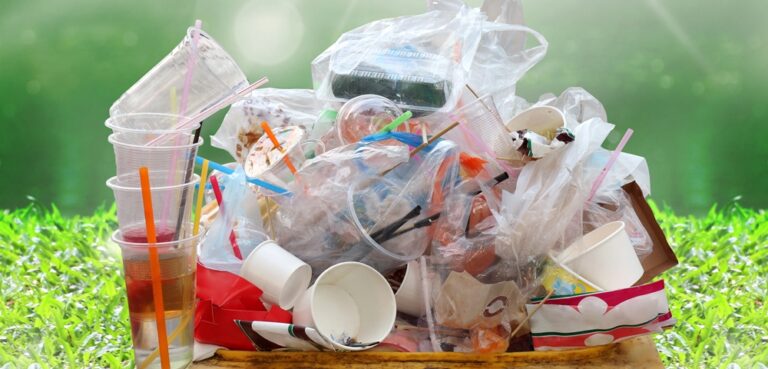Hampered by NGOs and bureaucratic and anti-competitive interests, Europe must look to examples in the Middle East for effective sustainability policy.
Europe is stagnating when it comes to plastic environmental policies. Rather than encouraging sustainable technologies, the EU is muddled about new technologies – continuing to live in the past with environmentally-damaging old-fashioned plastic. It is by now obvious that their policies of “reduce, re-use, recycle” are inadequate.
By contrast, the Middle East has encouraged sustainable technologies by making oxo-biodegradable plastic compulsory for a wide range of consumer products, after carrying out extensive due-diligence. In Yemen d2w is specifically mandated.
Europe is behind, and failing on a catastrophic level.
Michael Laurier, CEO of environmental technology leaders Symphony Environmental, argues that Europe is being hampered by NGOs and bureaucrats and anticompetitive lobbyists who are putting special interests ahead of environmental needs.
“In the European Parliament in December 2022, the police found suitcases stuffed with banknotes, and then in February this year we heard that that the EU Commission had been paying NGOs to lobby for the policies of former Commissioner Frans Timmermans; now we hear that in March this year the authorities raided more than 20 addresses and sealed two offices in the European Parliament as part of a spiralling bribery probe into lobbying activities. At the same time the EU has the nerve to lecture the Middle East on its systems of government.”
The Middle East, by contrast, is thriving.
“Lobbyists for competing commercial interests persuaded the members of the European Parliament’s Environment Committee in 2018 to pass legislation against what they called ‘oxo-degradable’ plastic without a proposal from the EU Commission, without any impact assessment or socio-economic analysis, and without any dossier from their own scientific experts, ECHA.”
“People have been confused into thinking that this legislation applies to oxo-biodegradable plastic (which it does not) and this has delayed the adoption of the technology in the EU, resulting in thousands of tonnes of ordinary plastic escaping into the European continent and its coastal waters, where it will lie or float around for decades.
“By contrast, the UAE, Saudi Arabia, Jordan and Bahrain have been implementing a broad initiative to combat plastic pollution for years, phasing out conventional plastics and mandating more eco-friendly alternatives. Their government-appointed experts studied d2w technology, to ensure that it causes the plastic to biodegrade without any human intervention in conditions typically found in the open environment, leaving no microplastics or harmful residues.”
Laurier concludes: “Governments worldwide are using and evaluating oxo-biodegradable technology, but the EU remains stuck in the past. Plastic policy reform is needed from their recently-elected Parliament.

